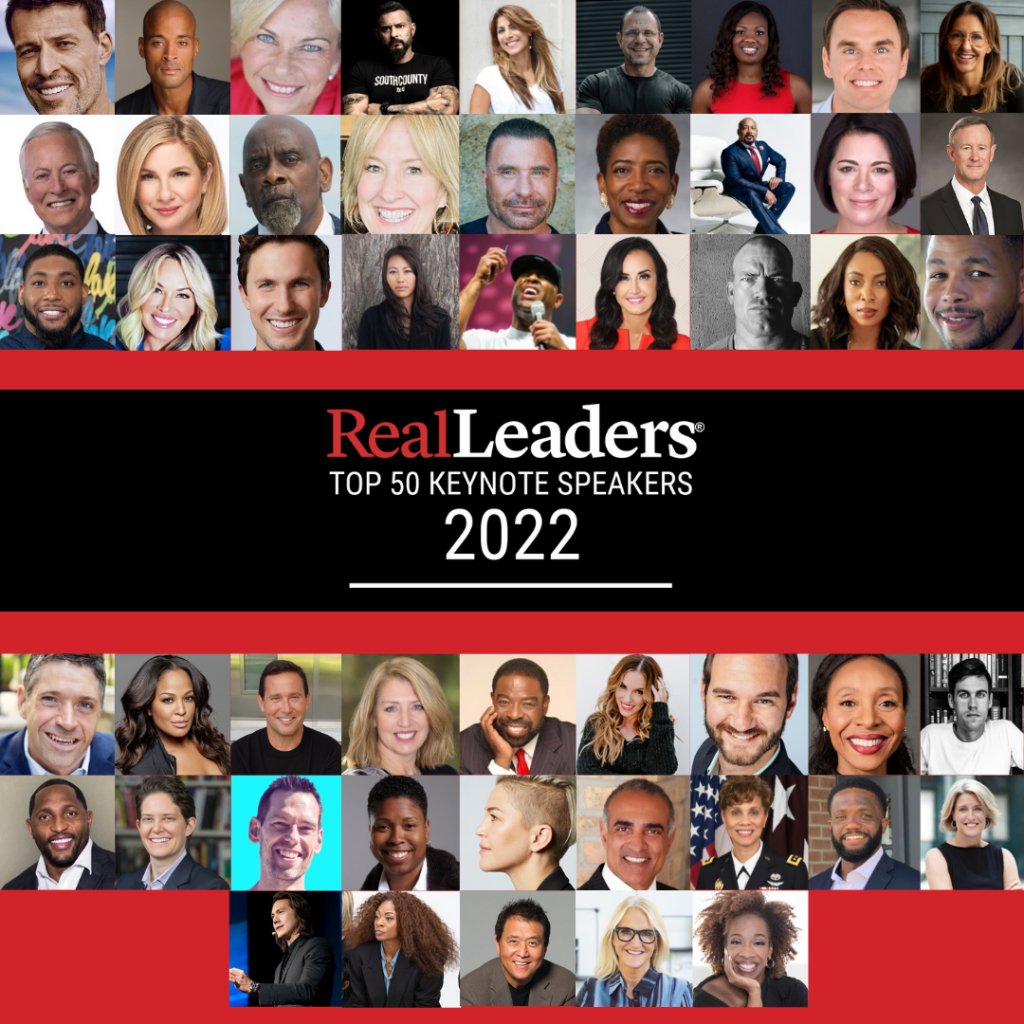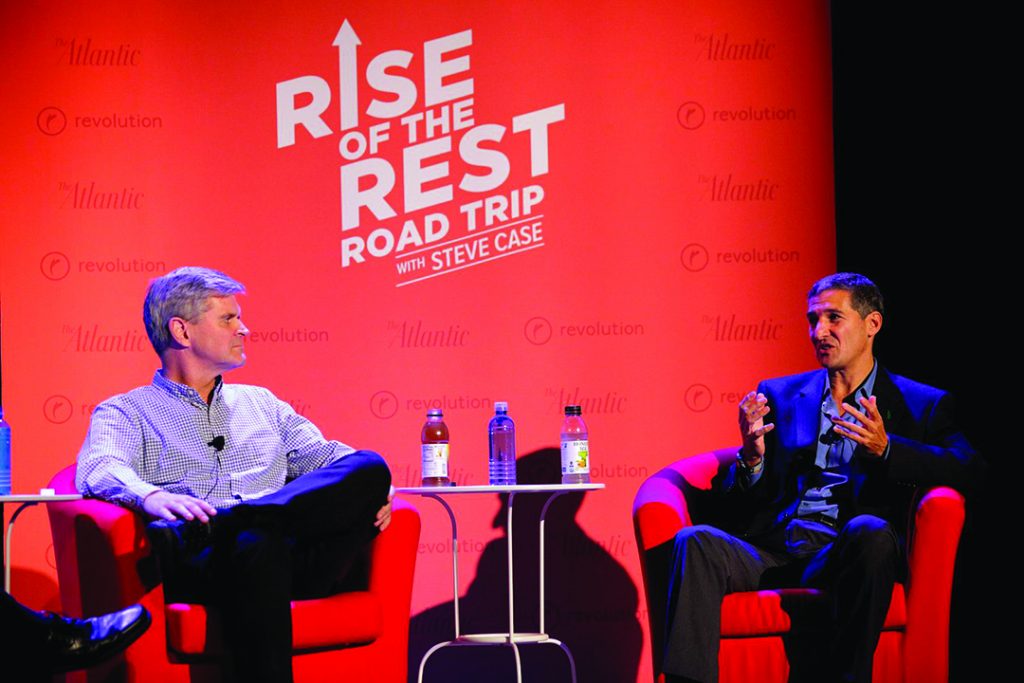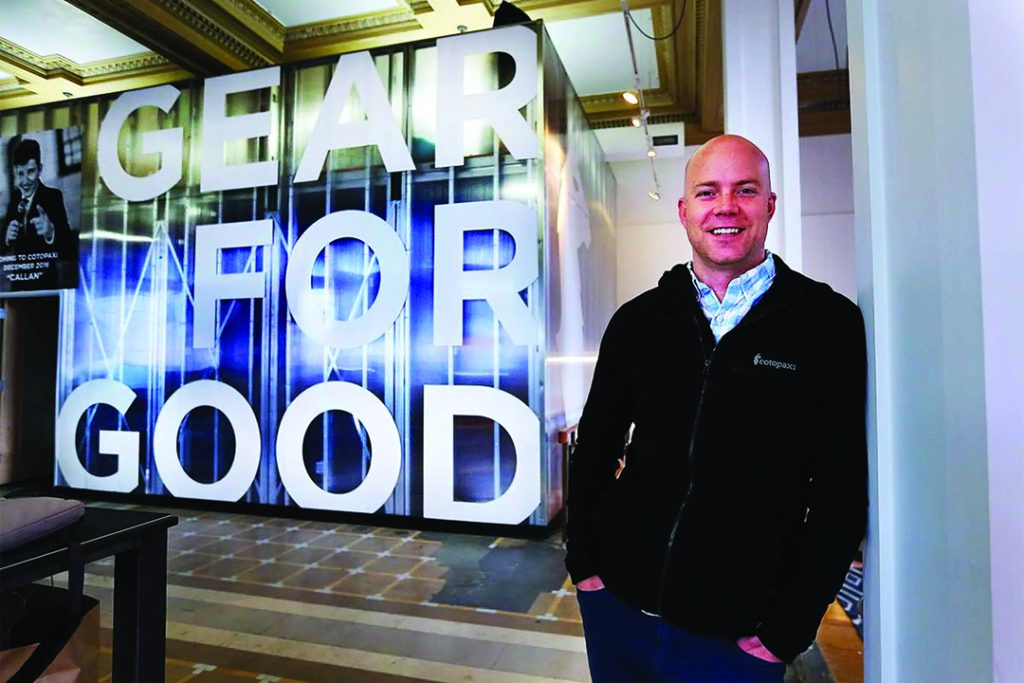Inside the Mind of Simon Sinek: Crystalizing Your Why

We’re constantly being given advice on how to run our organizations or live our lives or whatever it is. It’s like going to a dinner party and you meet somebody and they give you perfectly good advice based on their own experience or their own data. For example, they’ll say to you, “In this economy, you have got to invest in KitKats.” And somebody else says, “We’ve had so much success with soy milk. You have to use soy milk.” And somebody else says, “M&Ms are the thing you want to use.” Then somebody else says, “It’s all about celery.” So all good advice from all smart people.
You go to the supermarket and what do you buy? Everything. You spend a lot of time and money. If you’re resource constrained, you have to take guesses, which is even harder. You may get some value out of some or all these products, you don’t really know. But the worst part is when you’re standing in line to check out, you’ve got M&Ms, KitKats, celery, and soy milk, and no one can see what you believe because you bought everything.
Now let’s imagine you know your why, your why is crystal clear, and the why is to always be healthy and protect the health of our bodies, right? You know that. So now you go to the same dinner party, you get the same advice on which products you buy, super easy. You only buy soy milk and celery. Those are the only ones that make sense, right? You spend less time and money at the supermarket. You’re guaranteed to get value out of those products. And when you’re standing in line with only celery and soy milk in your arms, everyone can see what you believe. People can come to you and say, “Hey, I see that you believe in being healthy. So do I. Congratulations.” That’s called a customer or an employee who was attracted to you simply because you said and did the things you actually believed.
The most important part in that little metaphor is that when I said the why, you knew which products to buy before I said it. And I’m the founder of the company, just trusting my gut with all my decisions. But you, my partners, my co-conspirators, wherever you are, employee number 550, right? You knew exactly what to do without me being in the room. And that’s called scale. That’s why great organizations are values-based organizations, because we all have a sense of what right is. We know the direction of the organization.
Did you enjoy this story? Subscribe today and gain a strategic advantage from the emerging trends and best leadership practices found within Real Leaders magazine.





Responses